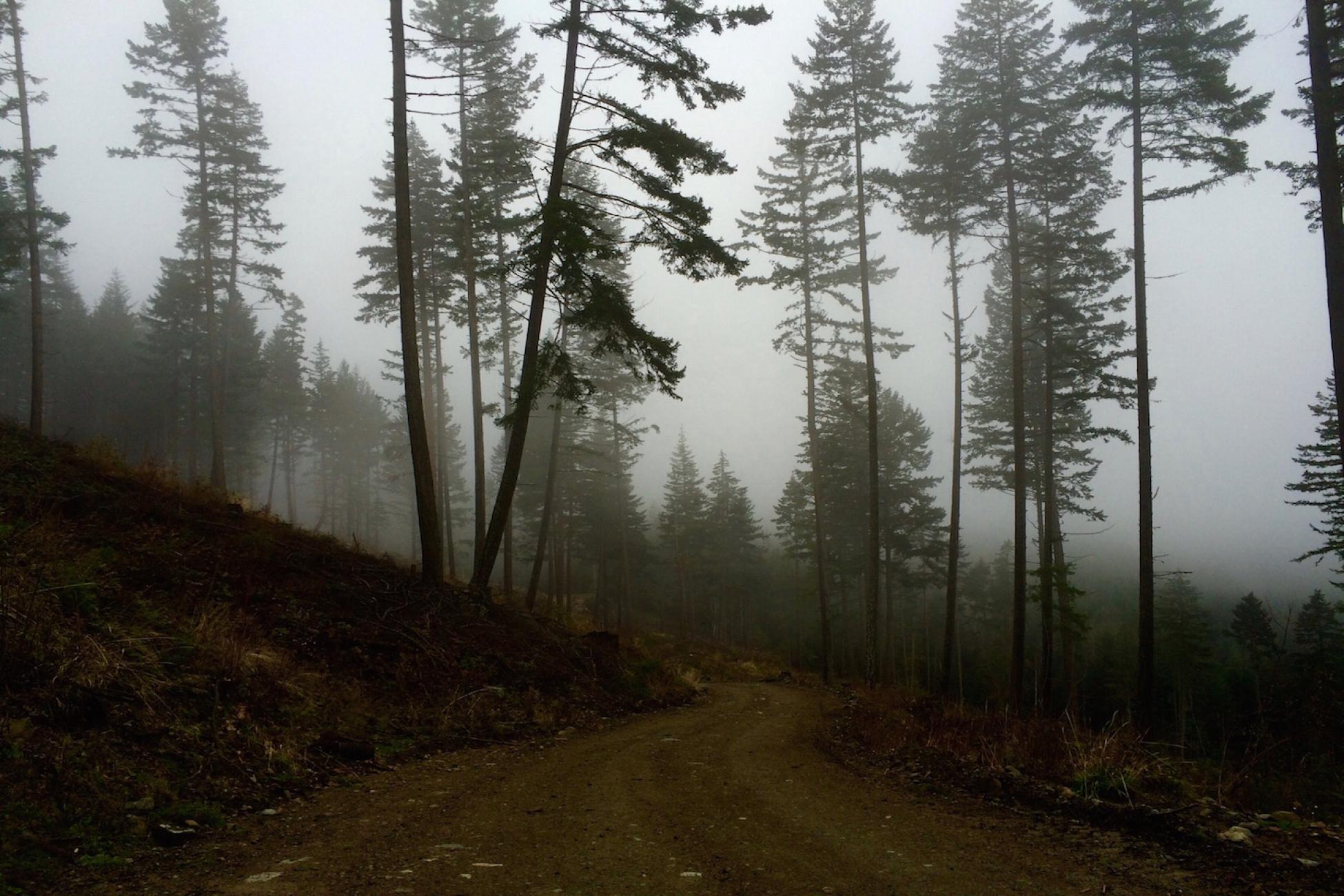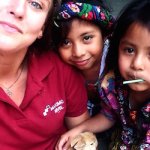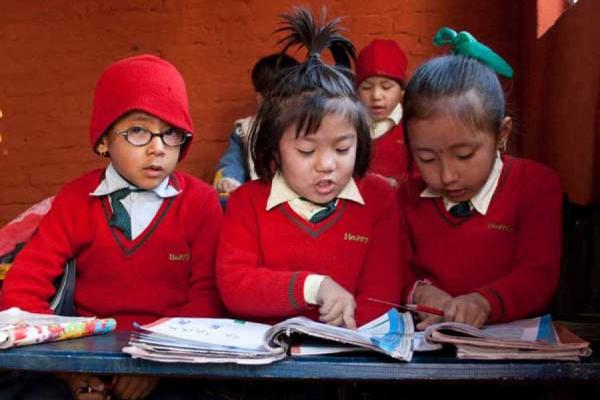When I was in university, I considered myself a pretty good student. But there was one class I nearly failed: astronomy.
As an arts student, it was a requirement to take two science classes, so I decided to take a third-year astronomy class. It seemed like a no-brainer; there were no pre-requisites and I liked looking at stars.
I should have dropped it after the first class when my prof said that we were going to need a calculator with exponential function and I couldn't remember what that meant, never mind how to do it. But being stubborn and determined to get this credit, I stuck with it. I should have hired a tutor after the mid-term exam when I got 0/6 marks for drawing an alien with a telescope on a question when the answer actually required some sort of physics calculation (I still couldn't say which one), but I thought by studying I could get by. I spent a lot of the lectures staring at the board completely perplexed, and when it came time to study for the final exam, I figured I was screwed.
Although the final grade did some serious damage to my GPA, it was one of the most significant classes I ever took, because it required me to take my fluffy arts student analytical perspective on everything and turn it upside down. It forced me to think about the facts and the science, not about the metaphors and the symbolism. This same professor introduced me to the video Pale Blue Dot by Carl Sagan. The entire experience left me humbled—not only by my poor grade but also by the realization of how miniscule I was.
In the last three months, it seems like not a week has passed that some gut-wrenching story has hit the headlines. The Paris attacks, the Russian flight crashing, the San Bernadino shooting, to name only a few. These events pile up and with them the reasons to build a bomb shelter, stock up on canned goods and binge watch Netflix till the end of our days.Terrible things happen around the world and the reaction is fear. If it happened to them, it could happen to you. I read that it's not safe for women to travel alone. But where does that leave us?
Terrible things happen around the world and the immediate reaction is fear, naturally. If it happened to them, it could happen to you. If it happened there, it could happen here. Everywhere I look, I read that it's not safe for women to travel alone. It's not safe to go to Central America at all, actually. Planes crash. Cars crash too! Just leaving your house every day is a risk, but so is staying inside. (The Big One is coming, you know.) It's not smart to go here, don't even think about going there anymore, it's not like it used to be.
Where does that leave us? Nestled in the bomb shelter snacking on baby corn and watching episodes of a teen drama, the title to which you would never admit to your friends?
Bad things are going to happen. There are things we can control, but most we cannot. We could turn the radios off, never read newspaper articles and ignore all headlines that we see. We could pretend like everything is perfect. But we already do this. We hear the news, shed a tear and move on with our day. I'm not saying we all need to try save the world, but we can't be afraid of it either. We all live on the same rock, mercy to the power of the same star. We are specks of dust against the size of the universe—powerless yet fully competent. We are supposed to be working together to save this planet but instead we are ruining everything and we are losing control.
Is it scary to travel alone? There are moments, but I'm fairly certain that's why I was gifted a substantial amount of common sense, in lieu of any sort of scientific or mathematic skills. What scares me more is never feeling connected to other parts of the world.
Maybe Carl Sagan persuaded me, or maybe he just stirred something that was already there. But the scientific lesson, the truth and the facts, reminded me of the harsh astronomical reality of our planet; the arts student interpretation of that lesson is that the better we understand the world and each other the better chance we have at saving it—and each other.
Add this article to your reading list




